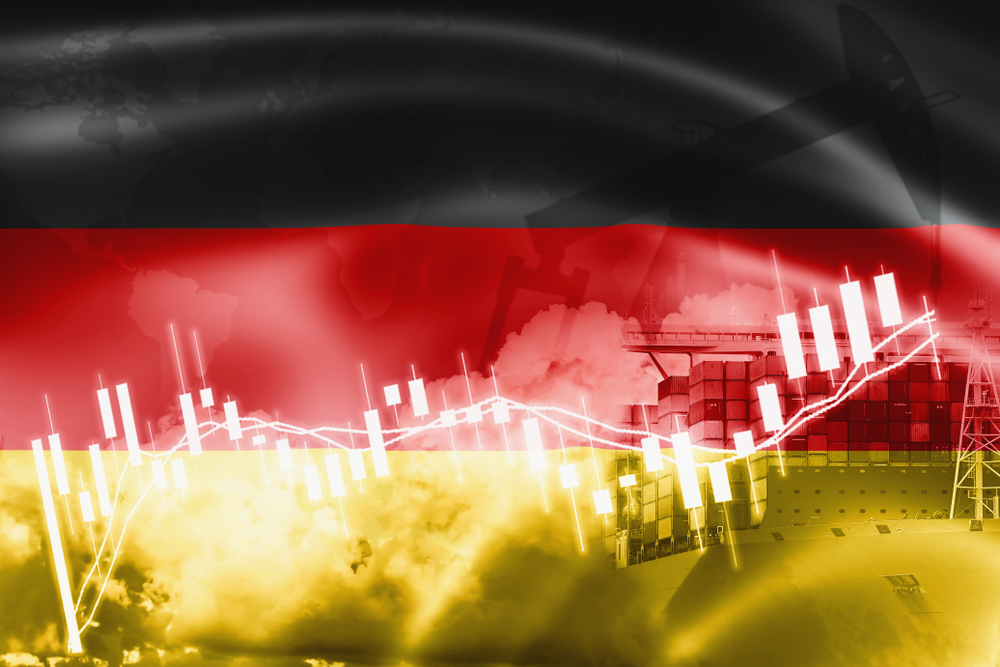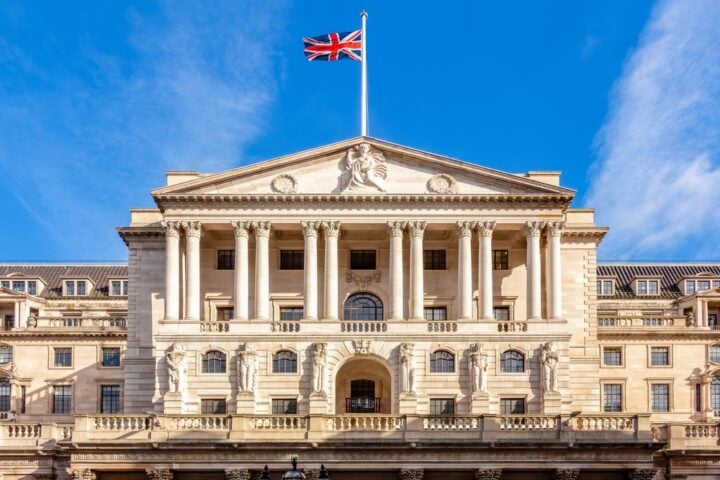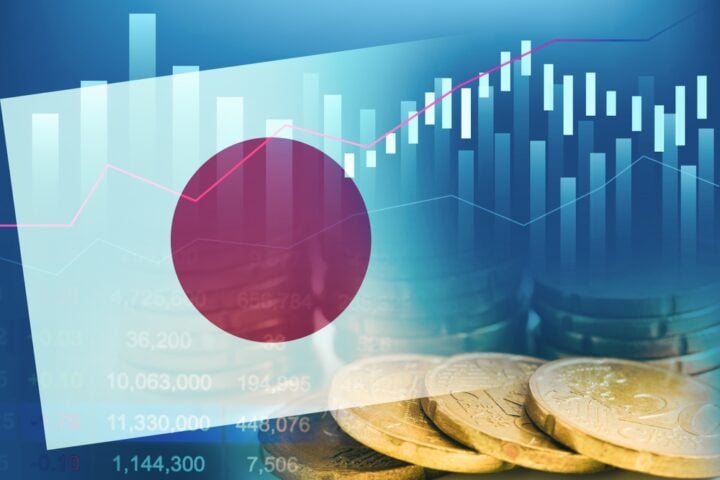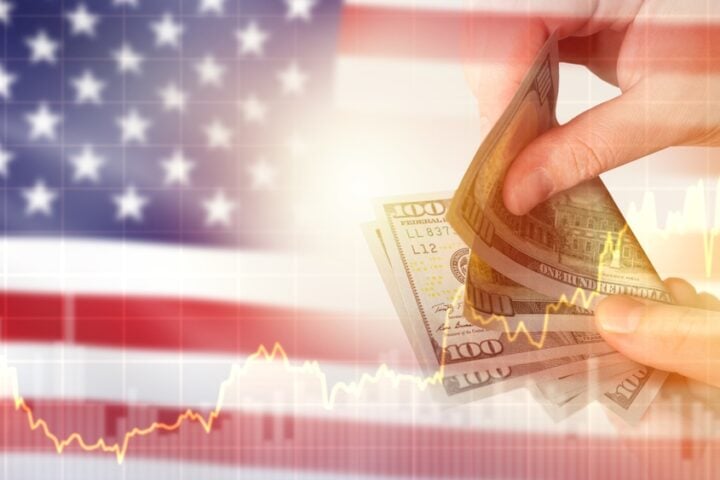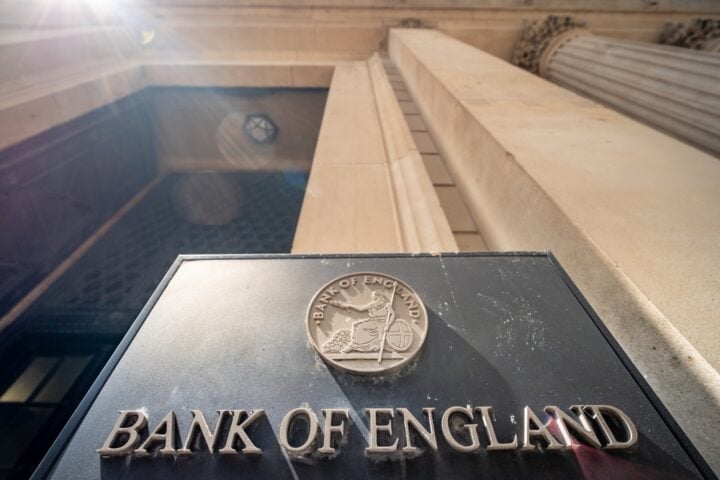Germany’s economic struggles have intensified, with high energy costs, industrial decline, and the constitutional debt brake preventing major investments. As the nation heads into a crucial election, debates over economic policy and the future of the Mittelstand—the backbone of Germany’s economy—are front and center.
Economic Slowdown and Energy Crisis
Germany’s economy contracted for the second consecutive year in 2024, marking its worst performance in two decades. Gelsenkirchen, a former coal town in the Ruhr Valley, has been among the hardest-hit areas, with the highest unemployment rate in the country. The loss of cheap Russian gas following the Ukraine war has further strained industries reliant on affordable energy.
Debate Over Investment and the Debt Brake
Many economists argue that Germany’s strict constitutional debt brake, which limits the federal deficit to 0.35% of output, has hindered necessary investments in infrastructure, education, and industry. By contrast, the U.S. budget deficit was over 6% of output in 2023. Business leaders like Lars Baumguertel, who runs a steel coating firm in Gelsenkirchen, emphasize the need for public investment to modernize the economy.
“The entire Ruhr region, and Gelsenkirchen in particular, shows how constant change is needed to sustain economic growth,” Baumguertel told Reuters.
Election and Policy Shifts
Friedrich Merz, the conservative CDU leader and likely next chancellor, has officially opposed changes to the debt brake. However, insiders suggest that economic realities may force reforms, especially given Germany’s need to increase defense spending amid concerns over U.S. engagement in European security under President Donald Trump.
“Of course, we will have a reform after the election,” a conservative leader of a German federal state told Reuters anonymously.
Rising Support for Extremist Parties
The economic downturn has fueled a rise in support for the far-right Alternative for Germany (AfD), particularly in industrial towns like Gelsenkirchen. The AfD garnered 22% of the vote in the European elections in June, capitalizing on voter frustration over high energy prices and deindustrialization.
AfD leaders blame Germany’s nuclear phase-out for rising energy costs. Local AfD official Christian Loose stated, “We’ve shut down the power plants here—some of the safest nuclear power plants in the world—to import electricity from nuclear plants in France.”
Potential Economic Reforms
Experts argue that Germany needs massive investment to address infrastructure challenges, energy transition, and industrial competitiveness. The IW economic institute estimates that addressing these structural challenges would require at least €600 billion over the next decade.
Some CDU leaders are considering adjusting the debt brake to allow more spending by federal states, whose budgets cover key areas like social housing and green transition. Others propose removing long-term investment from the spending cap entirely.
Outlook for Germany’s Economy
Despite calls for reform, many analysts believe the upcoming election will not result in dramatic economic shifts. Two major economic institutes forecast a third consecutive year of economic contraction in 2025, the longest downturn in post-war German history.
Policymakers could boost long-term prospects by fostering start-ups, improving digital infrastructure, and modernizing industrial sectors. However, experts like Franziska Palmas from Capital Economics doubt these will be immediate priorities for the next government.
Germany faces a critical economic juncture. Whether through debt brake reforms, infrastructure investments, or energy policy shifts, the next government’s decisions will shape the country’s economic future. As former miner Klaus Herzmanatus put it, “We can get out of this hole again”—but only if the right policies are implemented.


